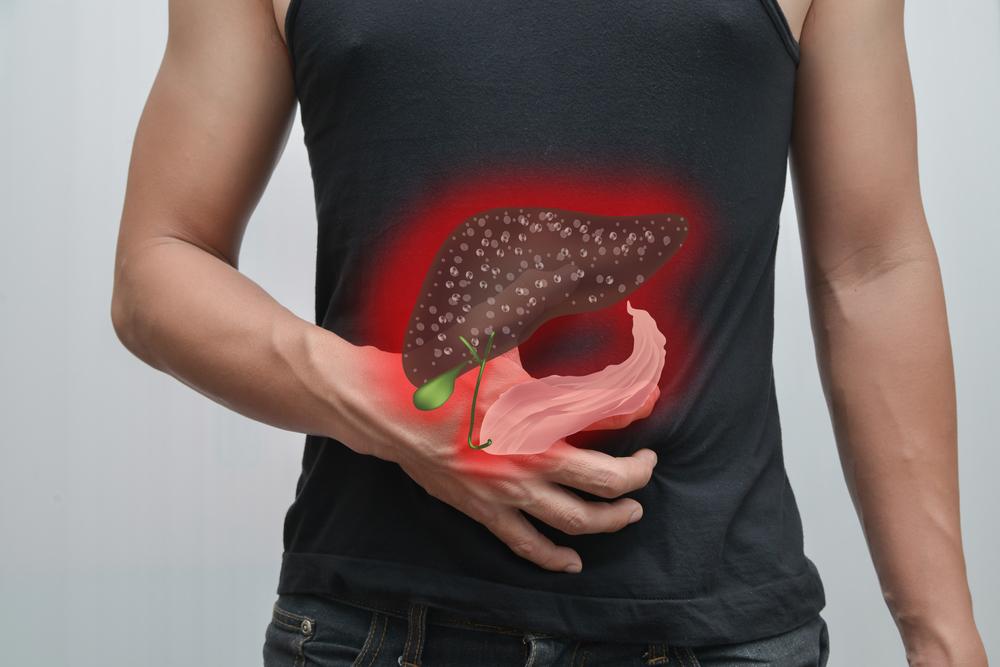Comprehensive Guide to Kidney Failure: Causes, Symptoms, and Prevention Strategies
This comprehensive guide explores kidney failure in detail, covering causes, symptoms, diagnostic methods, and prevention strategies. By understanding the vital functions of the kidneys and early warning signs, individuals can take proactive steps to maintain renal health and seek prompt treatment when needed. Managing underlying health conditions like diabetes and hypertension, along with lifestyle choices, plays a crucial role in preventing kidney failure and ensuring overall well-being.

Comprehensive Guide to Kidney Failure: Causes, Symptoms, and Prevention Strategies
The kidneys are essential organs responsible for filtering waste, excess fluids, and toxins from our bloodstream, maintaining the body's internal balance. Proper kidney function is vital for overall health, and when these organs fail or become severely impaired, it can lead to dangerous health conditions, including life-threatening complications. Understanding the causes of kidney failure, recognizing early warning symptoms, and taking preventive measures are crucial steps in managing and avoiding this serious health issue.
Kidney failure, also known as renal failure, can develop suddenly or gradually over time. These two forms are often categorized as acute kidney failure and chronic kidney disease (CKD). The causes and risk factors of each type vary significantly, requiring different approaches to diagnosis, treatment, and prevention. Early detection and lifestyle modifications can significantly improve outcomes and even prevent progression to complete kidney failure.
What Are the Functions of the Kidneys?
The kidneys are two bean-shaped organs located on either side of the spine, just below the rib cage. Their primary functions include:
Filtering waste products from the blood, such as urea and creatinine
Balancing body fluids and electrolytes like sodium, potassium, and calcium
Regulating blood pressure through hormonal mechanisms involving renin
Producing hormones that stimulate red blood cell production (erythropoietin)
Activating vitamin D to maintain healthy bones
When kidney function declines, these vital processes become compromised, leading to the buildup of toxins and imbalances that affect multiple organ systems.
Causes of Kidney Failure
Kidney failure can be caused by a variety of factors, which are generally categorized as acute or chronic. Understanding these causes can help in early recognition and timely intervention.
Acute Kidney Failure (Acute Renal Failure)
This form develops rapidly, often within hours or days, and can be reversible if treated promptly. Common causes include:
Severe infections like sepsis that compromise blood flow to the kidneys
Trauma or injury leading to bleeding or damage
Sudden drop in blood pressure (shock) due to dehydration or blood loss
Obstruction of urine flow from kidney stones or tumors
Exposure to certain medications or toxins that harm the kidneys, such as NSAIDs or contrast dyes
Muscle breakdown releasing myoglobin that damages the kidneys
Chronic Kidney Disease (CKD)
This develops gradually over months or years, often without noticeable symptoms at early stages. Major causes include:
Diabetes mellitus, which damages blood vessels in the kidneys
Hypertension (high blood pressure), which increases pressure within the kidneys' filtering units
Glomerulonephritis, an immune system disorder causing inflammation
Polycystic kidney disease, a genetic condition characterized by cyst formation
Prolonged use of nephrotoxic medications or exposure to environmental toxins
Post-Renal Causes of Kidney Failure
Blockages in the urinary tract that prevent urine excretion can also lead to kidney damage. These include kidney stones, tumors, or enlarged prostate in men. Such obstructions cause pressure buildup and damage to kidney tissue over time.
Symptoms and Warning Signs of Kidney Failure
Recognizing early symptoms of declining kidney function is vital for timely treatment. Some common signs include:
Persistent fatigue and weakness due to anemia or toxin buildup
Nausea and vomiting from waste accumulation
Changes in urine output, including decreased or foamy urine
Swelling in the legs, ankles, or face caused by fluid retention
Shortness of breath resulting from pulmonary edema
Chest pain or pressure in severe cases
Confusion, difficulty concentrating, or mental fog
Irregular heartbeat or muscle cramps due to electrolyte imbalances
Diagnosing Kidney Failure
Early diagnosis involves a combination of blood tests, urine analysis, and imaging procedures:
Blood tests: Measuring serum creatinine and blood urea nitrogen (BUN) levels helps assess kidney function
Urinalysis: Detects protein, blood, or abnormal sediments indicating kidney damage
Imaging scans: Ultrasound or CT scans visualize kidney structure and identify obstructions or cysts
Kidney biopsy: In some cases, tissue sampling clarifies the underlying pathology
Prevention and Management Strategies
Preventing kidney failure primarily involves managing underlying conditions and lifestyle modifications:
Controlling blood sugar and blood pressure within healthy ranges
Eating a balanced diet low in sodium, processed foods, and excess protein
Staying well-hydrated, but avoiding excessive fluid intake
Regular health screenings, especially for high-risk individuals
Avoiding nephrotoxic medications unless prescribed by a healthcare professional
Quitting smoking and limiting alcohol consumption
Maintaining a healthy weight and engaging in regular physical activity
For those with diagnosed kidney failure, treatments include medications, dialysis, and kidney transplantation, depending on severity.
Conclusion
Understanding the causes, early symptoms, and preventive measures of kidney failure is essential to preserve renal health. Early detection through regular check-ups and proactive management can slow or halt progression, significantly improving quality of life. If you experience symptoms related to kidney dysfunction, consult a healthcare professional promptly to ensure timely intervention and better outcomes.





